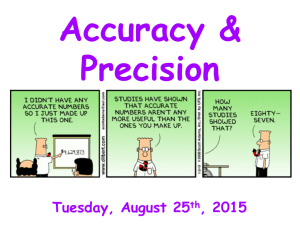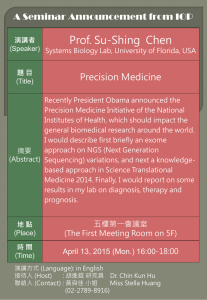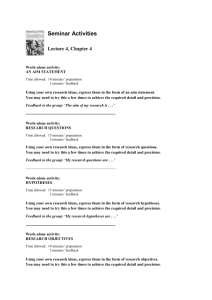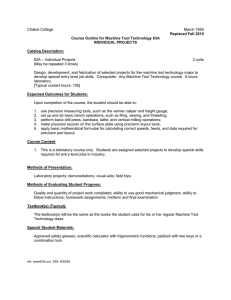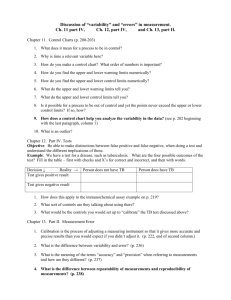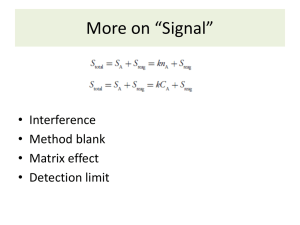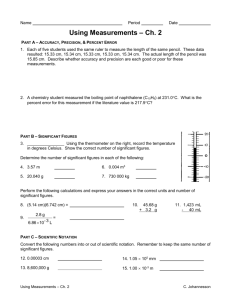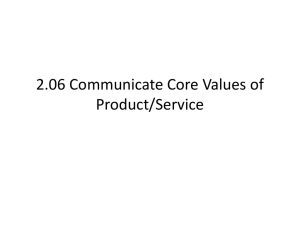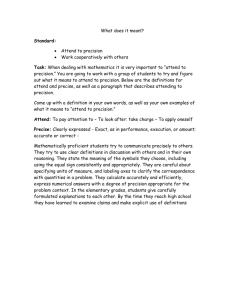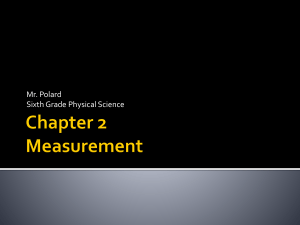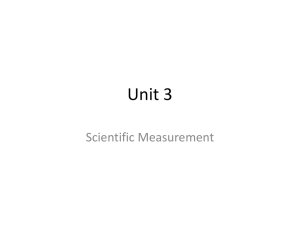Demonstrated Thinking Skill
advertisement
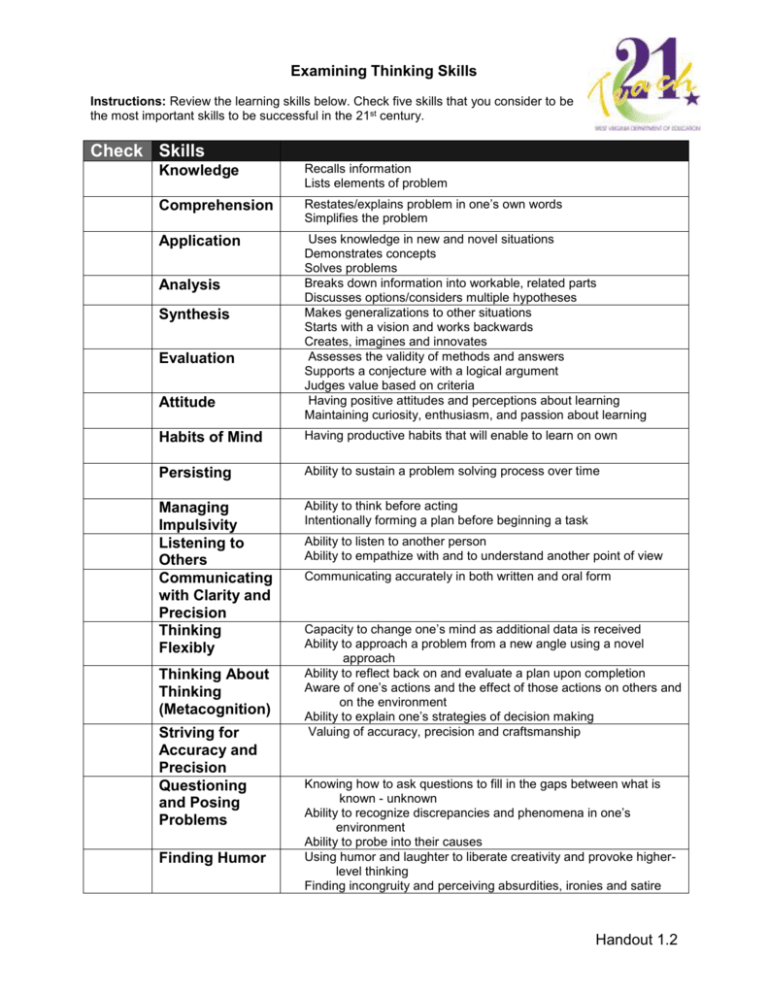
Examining Thinking Skills Instructions: Review the learning skills below. Check five skills that you consider to be the most important skills to be successful in the 21st century. Check Skills Knowledge Recalls information Lists elements of problem Comprehension Restates/explains problem in one’s own words Simplifies the problem Application Uses knowledge in new and novel situations Demonstrates concepts Solves problems Breaks down information into workable, related parts Discusses options/considers multiple hypotheses Makes generalizations to other situations Starts with a vision and works backwards Creates, imagines and innovates Assesses the validity of methods and answers Supports a conjecture with a logical argument Judges value based on criteria Having positive attitudes and perceptions about learning Maintaining curiosity, enthusiasm, and passion about learning Analysis Synthesis Evaluation Attitude Habits of Mind Having productive habits that will enable to learn on own Persisting Ability to sustain a problem solving process over time Managing Impulsivity Listening to Others Communicating with Clarity and Precision Thinking Flexibly Ability to think before acting Intentionally forming a plan before beginning a task Thinking About Thinking (Metacognition) Striving for Accuracy and Precision Questioning and Posing Problems Finding Humor Ability to listen to another person Ability to empathize with and to understand another point of view Communicating accurately in both written and oral form Capacity to change one’s mind as additional data is received Ability to approach a problem from a new angle using a novel approach Ability to reflect back on and evaluate a plan upon completion Aware of one’s actions and the effect of those actions on others and on the environment Ability to explain one’s strategies of decision making Valuing of accuracy, precision and craftsmanship Knowing how to ask questions to fill in the gaps between what is known - unknown Ability to recognize discrepancies and phenomena in one’s environment Ability to probe into their causes Using humor and laughter to liberate creativity and provoke higherlevel thinking Finding incongruity and perceiving absurdities, ironies and satire Handout 1.2
